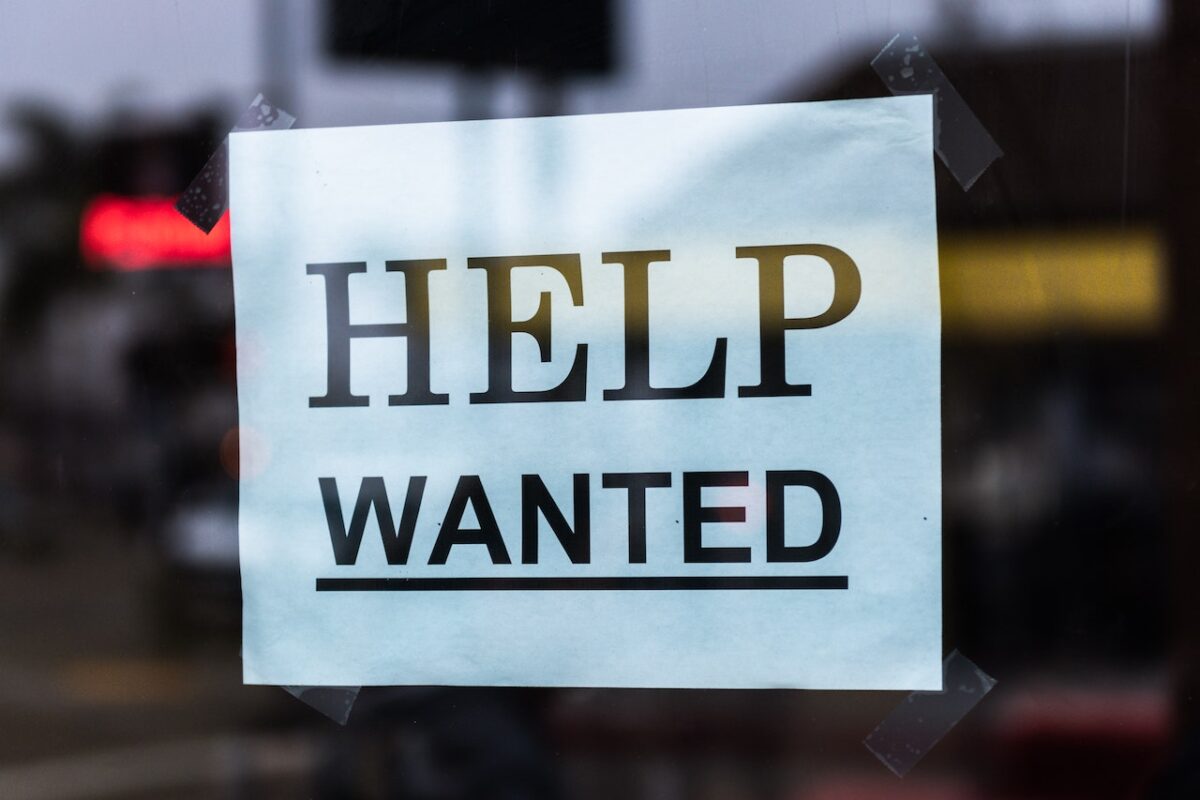A client I’ve worked with for the past year sends me a text message, “James, I want to catch up on something. Please give me a call.”
My heart drops down into my stomach. I’ve know this conversation would be coming for a long time. Is it finally time?
I immediately call him back hoping I’m just jumping to conclusions and assuming the worst. But somehow, in my gut, I know I am not assuming the worst. I’m about the be fired by a client for the first time since I quit my job and started my company in 2016.
He doesn’t call me back, so I get in the car with my wife and head over to a friend’s house for a small gathering.
When we pull into our friend’s neighborhood my phone rings. It’s my client.
Perfect timing.
My wife pulls to the side of the road. How embarrassing is it to take this phone call in front of my wife? My heart starts pounding and I answer the call on speaker phone.
“Hello?”
My client talks for what feels like ten minutes and all I remember him saying is, “We’re going to go in another direction.”
“I’m sure you could charge a lot more than what you are charging me. You do great work, but maybe you are just busy and not giving me your full attention.”
“These problems could have been avoided.”
I don’t even bother defending myself. How could I?
I listen quietly, thank him for the time we worked together, and tell him I truly respect the good work he is doing. Next, I share some tips on what he can do to grow in the future, warn him of some pitfalls, and tell him there are absolutely no hard feelings.
My now ex-client ends the call by saying that we are just pausing our work together and that he’ll get back in touch in a couple month once some cash flow problems are solved, but I know the truth. He is just trying to make me feel better.
He’ll never call. And why should he? He isn’t wrong, I didn’t do my best work for him. I thought I would never be fired again, but I was wrong.
Should you let a client go when you aren’t given the resources to do your best work?
I justified the lackluster quality of my work by thinking, “Well, I’m doing the best I can under these conditions. I don’t have everything I need to be successful, but that isn’t my fault. I’ve shared what I need.”
And, “The client is much better off now than they were before. I may not be doing the best work possible, but it’s still better than he could do on his own.”
Or this one, “I know I’m making the client more money than I am charging him.”
What is more important, your standards and values or keeping a monthly retainer?
Throughout I wondered when he’d tell me things weren’t working out. The project never felt like a good fit.
I worried about my reputation, but never did anything to solve the problem.
Here is what I should’ve done:
- Get in writing the exact tasks I was responsible for.
- Get in writing the tasks my client was responsible for and what I needed from him to be successful.
- Call my client daily, weekly, or monthly to reiterate what I needed.
Instead, I tried to do the best work I could do under the circumstances.
I sent requests for different materials that I needed and got no response. I made suggestions for different marketing and promotional ideas and was told, “I’ll get back to you on this,” but I never heard anything back.
I should’ve worked harder to inform the client of what I needed to be successful. I could’ve been less passive and told him that I would have to end our contract unless I got XYZ from him.
When I was in line to vote last year the man in front of me said, “There are no shouldas, couldas, or wouldas in life.” Thanks kind stranger from the voting line. You are right. I didn’t do a good job. So, I was fired.

Who’s to blame?
I really enjoyed the book Extreme Ownership, by Jocko Willink and this quote, “On any team, in any organization, all responsibility for success and failure rests with the leader. The leader must own everything in his or her world. There is no one else to blame. The leader must acknowledge mistakes and admit failures, take ownership of them, and develop a plan to win.”
You can’t control your clients, customers, or employees. They have free will.
You can only control what you do, how you act, and how you respond when things get tough.
I can’t blame my client for this project not being successful. I can only blame myself. But will I learn anything from my own story? I’ll let you know.
What about you? How do you make sure that you have what you need to be successful? Who do you blame when something doesn’t go to plan? Please share in the comments below. I read them all.
Feature image courtesy of Tim Mossholder.

2 replies on “I Never Thought I’d Be Fired Again, But I Was Wrong”
Thanks James. Your candor, transparency and humility are inspiring. I especially appreciated the list of key learnings from your experience. I’ve already made some changes in my executive coaching relationships. “You are always most powerfully positioned to serve the person that you once were.” Onward and upward.
Thanks, Tim! I am happy to hear that you are benefiting from my *failures*. That’s my intent intent behind this blog. I’ll share my embarrassing mistakes as I grow my business and lead my family. This way you don’t have to make them.